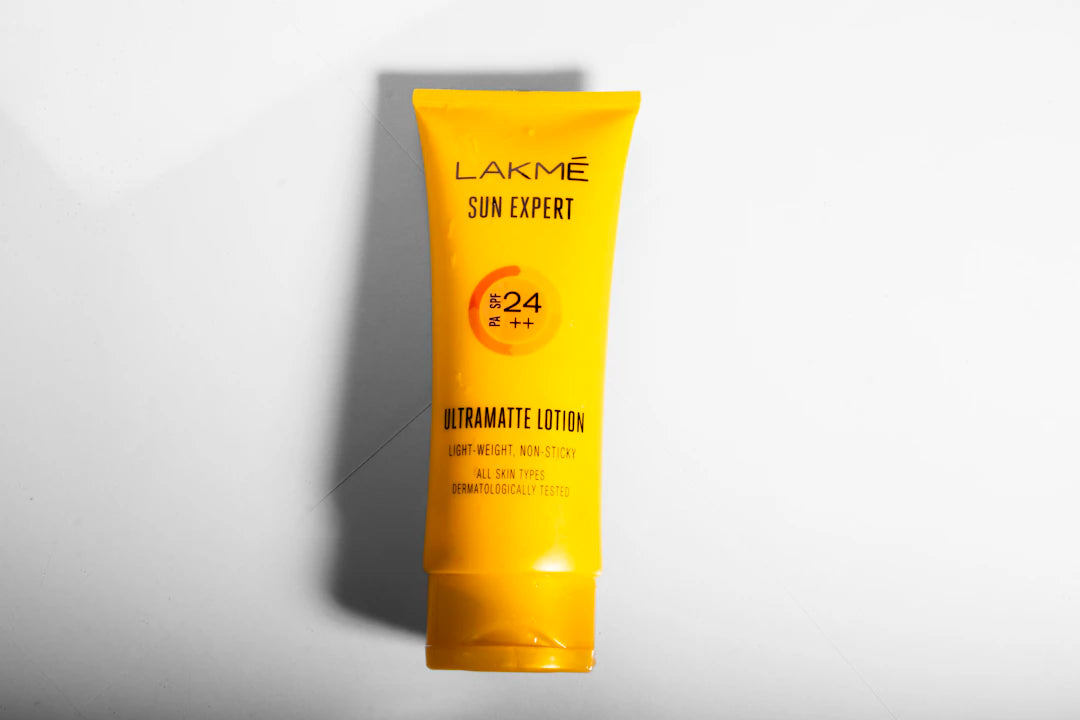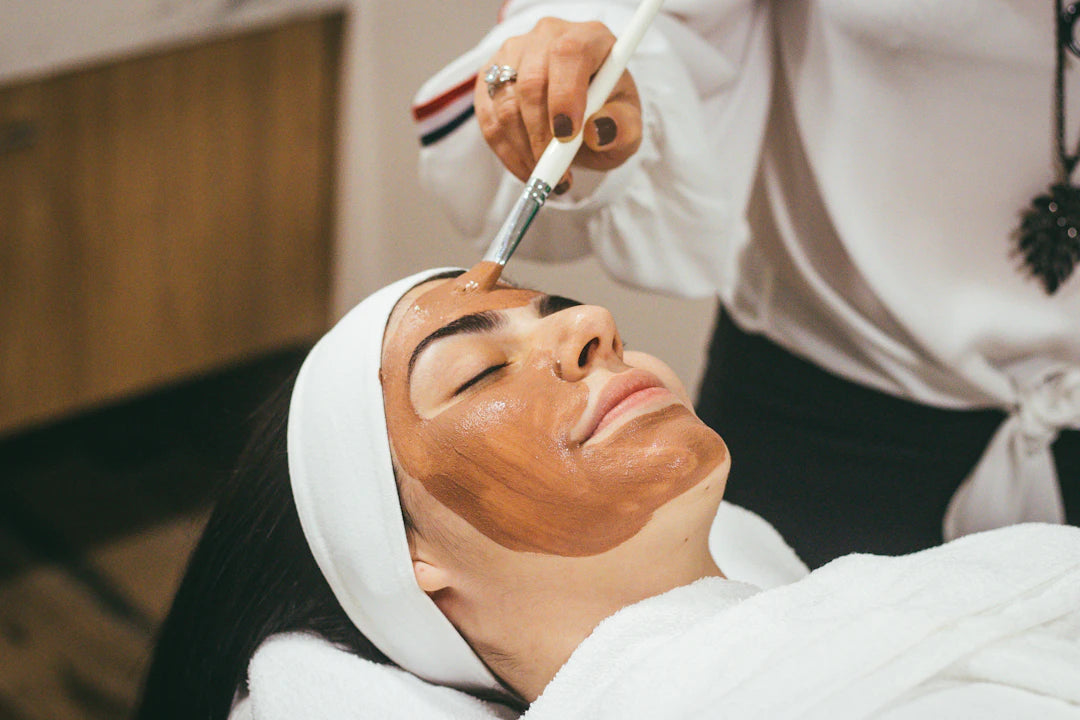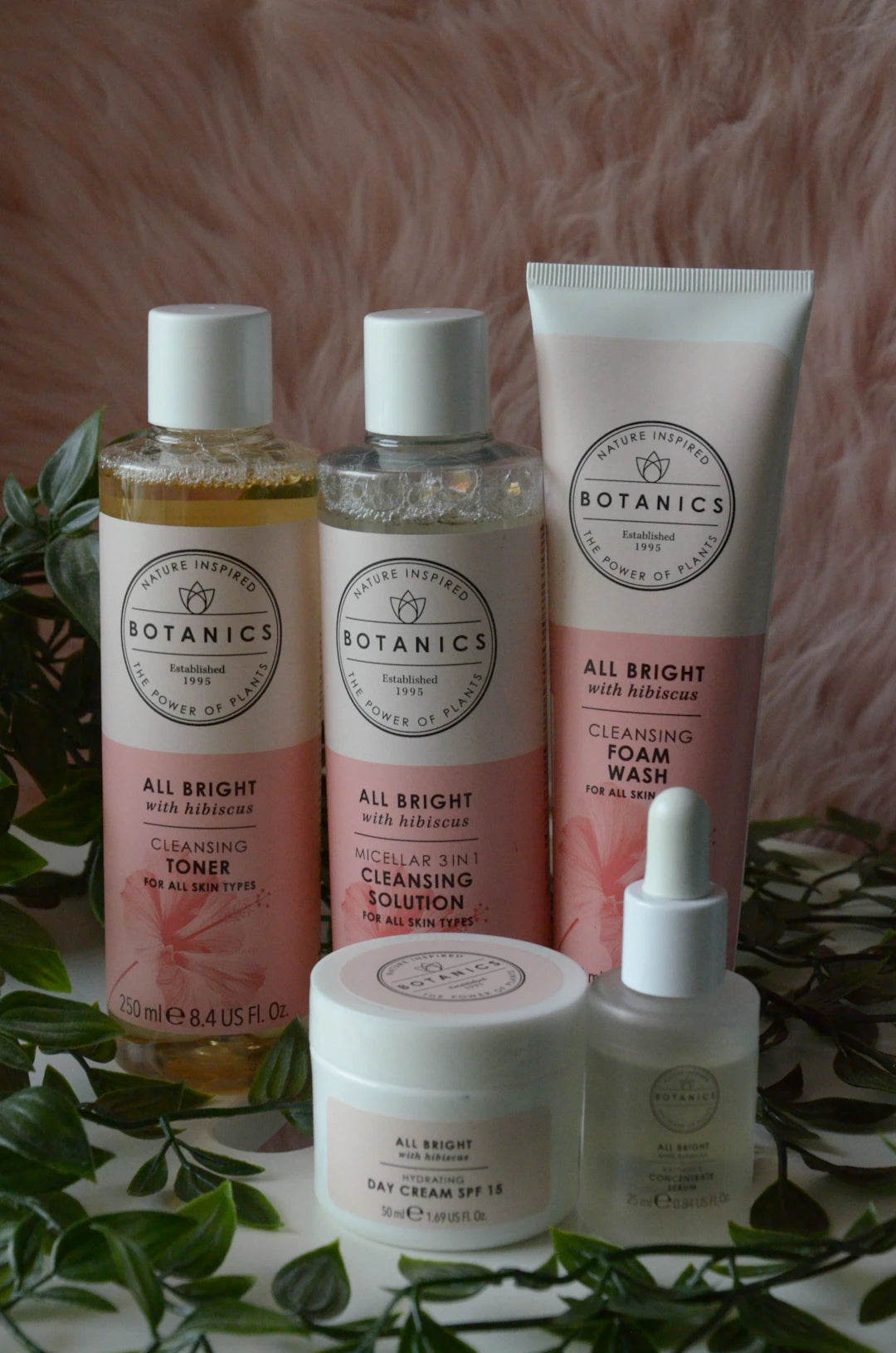Unlock Radiant Skin: The Power of Hydration

Frequently Asked Questions
1. Why is hydration important for skin health?
2. How does hydration affect skin texture?
3. Can hydration help with acne?
4. What are some tips to stay hydrated for glowing skin?
5. What are the signs of dehydrated skin?
When it comes to skin health, hydration is often overlooked. Many individuals focus on topical treatments, like a chemical peel, or specific skin care routines, but one crucial element remains at the heart of achieving glowing skin: staying hydrated. This blog will explore the importance of hydration for skin health, revealing how water consumption and proper hydration habits can enhance your beauty regimen.
Why Hydration Matters for Skin Health
Your skin is the largest organ of your body, and just like any other part, it needs adequate hydration to perform optimally. Hydration is essential for numerous reasons:
- Maintains Skin Elasticity: Proper hydration ensures that the skin remains supple and elastic. This elasticity helps in reducing the appearance of fine lines and wrinkles.
- Promotes Cell Renewal: Hydrated skin cells can regenerate faster, leading to a healthier skin barrier and a youthful appearance.
- Flushes Out Toxins: Water aids the body in eliminating toxins, which can otherwise contribute to skin issues, such as dullness and acne.
- Brightness and Glow: Dehydrated skin tends to look tired and lifeless. A well-hydrated complexion radiates health and vitality.
How Hydration Affects Skin Health
Understanding the role of hydration in skin health is imperative for anyone serious about their skin care routine. Here's how hydration directly impacts different aspects of your skin:
Hydration and Skin Texture
Dehydrated skin often feels rough to the touch and may appear flaky or scaly. This texture can be improved significantly by maintaining proper hydration levels, allowing skin care products to penetrate better and work more effectively.
Hydration and Acne
Interestingly, many people think that oily skin doesn’t need extra moisture; however, dehydrated skin may actually produce more oil as a compensatory mechanism. By ensuring you are adequately hydrated, you can help balance your skin's oil production, potentially reducing breakouts and giving you clearer skin.
Hydration and Aging
As we age, our skin loses its ability to retain moisture, leading to dryness and more pronounced signs of aging. Keeping your skin hydrated helps to mitigate some of these effects, promoting a more youthful appearance. Furthermore, hydration is vital when considering procedures like a chemical peel; hydrated skin heals better and looks brighter post-treatment.
Tips to Stay Hydrated for Glowing Skin
Staying hydrated doesn’t just mean drinking water; it encompasses various habits and practices that contribute to overall hydration. Here are some practical tips:
Drink Plenty of Water
The simplest way to ensure your skin stays hydrated is by drinking an adequate amount of water daily. While the common recommendation is about eight 8-ounce glasses (or around 2 liters), individual needs may vary. Pay attention to your body and adjust your intake based on activity level, climate, and personal requirements.
Eat Water-Rich Foods
Your diet plays a significant role in your moisture levels. Incorporating foods high in water content can significantly boost your hydration. Consider adding these to your meals:
- Watermelon
- Cucumbers
- Oranges
- Strawberries
- Leafy greens
Moisturize for External Hydration
In addition to internal hydration, your skin needs moisture from external sources. A good moisturizer containing hyaluronic acid can draw water into your skin, keeping it plump and supple. Remember to apply moisturizer while your skin is still damp to lock in moisture effectively.
Limit Dehydrating Substances
Certain substances can lead to dehydration, including caffeine and alcohol. Moderation is key. If you consume these drinks, be sure to balance them with plenty of water to counteract their dehydrating effects.
Hydration in Your Skin Care Routine
Integrating hydration into your skin care routine is essential for maintaining healthy skin. Here are a few steps to ensure hydration is prioritized:
Hydrating Cleansers
Start your routine with gentle, hydrating cleansers that don’t strip your skin of its natural oils. Look for ingredients such as glycerin or aloe vera, which help to retain moisture.
Regular Exfoliation
Exfoliating your skin a couple of times a week will help remove dead skin cells and improve moisture absorption. However, be cautious not to over-exfoliate, which can lead to irritation and further dehydration.
Hydrating Masks and Treatments
Consider using hydrating masks at least once a week. Ingredients like honey, avocado, and yogurt can provide a boost of moisture and nurture your skin’s barrier.
Incorporate Serums
Adding a hydrating serum to your routine can provide an extra layer of moisture. Serums with hyaluronic acid or vitamins C and E can enhance hydration and provide numerous benefits to your skin.
Keep in Mind: Signs of Dehydrated Skin
Knowing how to recognize dehydrated skin is crucial for timely intervention. Here are some signs to watch out for:
- Itchiness or tightness
- Dry patches or flakiness
- Dullness
- Increased sensitivity
- Random breakouts
Beyond Skin: The Full Benefits of Hydration
While maintaining skin health is a primary focus, proper hydration offers numerous benefits that extend beyond aesthetics. Here’s how hydration impacts your overall well-being:
Boosts Energy Levels
Dehydration can lead to fatigue and decreased energy levels. By staying hydrated, you can maintain high energy throughout your day, which ultimately supports an active lifestyle that can reflect positively on your skin.
Enhances Mood and Cognitive Function
Staying hydrated can also improve your mood and cognitive function. This is particularly beneficial since stress can often lead to skin flare-ups and various other skin issues.
Supports Digestion
Adequate water consumption supports a healthy digestive system, which is essential for eliminating toxins from the body that could affect your skin.
Wrapping It All Up: The Secret to Skin Confidence
Hydration is, without a doubt, the foundation of healthy, glowing skin. By understanding its importance and integrating hydration into both your daily habits and skin care routines, you can achieve the radiant complexion you’ve always wanted. Remember, every drop counts, and your skin will thank you for the effort with every sip you take!


